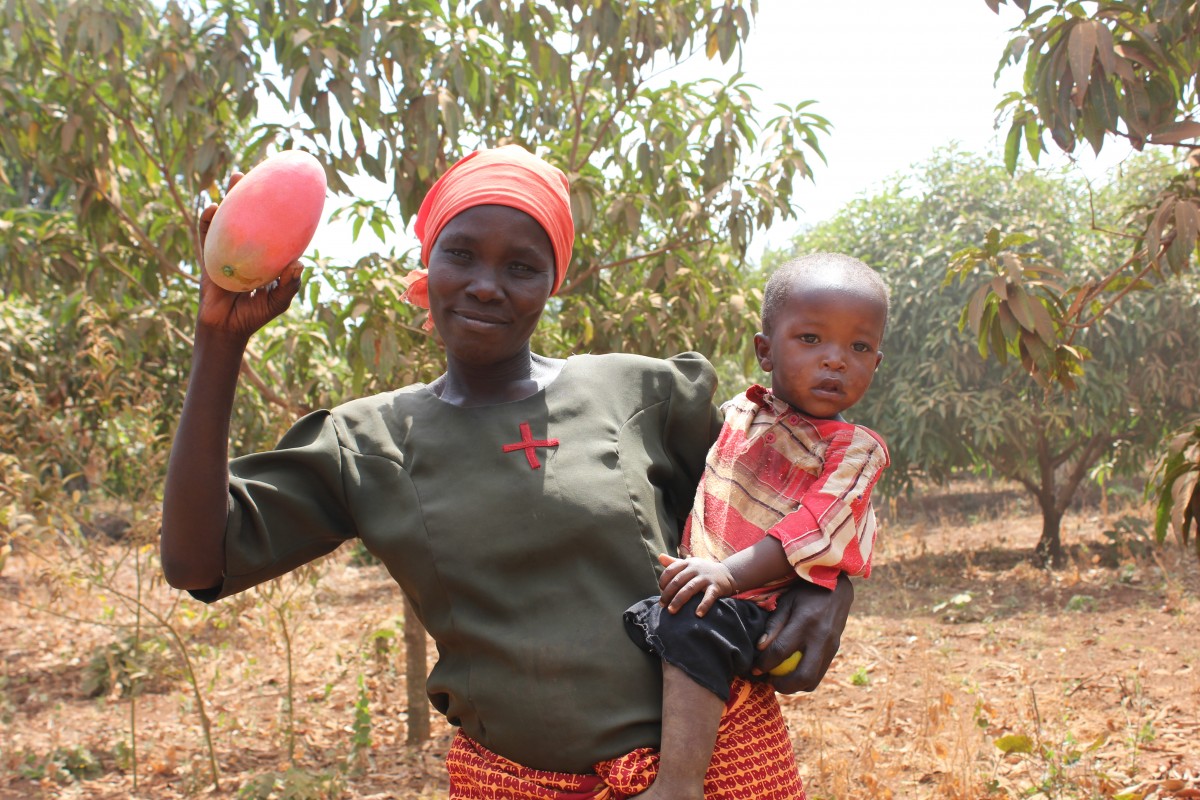The Food Security Centre’s Plant Biosecurity Initiative reached a milestone in June when a contract was established with the Australian Cooperative Research Centre for Plant Biosecurity to develop and deliver a range of activities to enhance plant biosecurity control capacity in target east African countries and the region as a whole.

“Poor capacity to control the movement of significant plant pests and diseases in eastern Africa limits farmer incomes and food security, and is an obstacle to regional trade of agricultural products,” said Dr Nick Austin, (CEO of ACIAR).
Speaking on ACIAR’s biosecurity research program in Melbourne on 18 July 2014, Dr Austin said the initiative will leverage Australia’s world-class strength, experience and comparative advantage in biosecurity.
“Biosecurity is a global challenge,” said Dr Michael Robinson, CEO of the Plant Biosecurity CRC. “If our expertise can help developing nations with crop protection and export opportunities, then Australia will benefit from a stronger global biosecurity system.”
The 2-year, $800,000 Plant Biosecurity Capacity Development Program aims to enhance the ability of east African biosecurity agencies to more effectively control plant pest and diseases In addition, this project has already attracted additional co-investment from CABI.
This new program originated from requests from African AIFSRC stakeholders at the 2012 Food Security in Africa - bridging reserach and practice Conference, Ms Mellissa Wood, AIFSRC DIrector noted, where senior African leaders recognised that:
- intra-regional trade is a key pathway to food security in Africa, however, poor biosecurity control capacity is a significant obstacle to the trade of agricultural products, and can therefore limit the income of farmers
- the world-class strength, experience and comparative advantage of Australian biosecurity agencies could be levered to build African capacity to address plant biosecurity problems and help facilitate trade.
Input to a 2013 scoping study from African biosecurity stakeholders (including African Union departments, regional trade bodies, national agricultural agencies, and multilateral research and development bodies) highlighted that Australian plant health expertise – including at regulatory and industry levels – would best be directed to mentoring national plant protection and regional economic agencies in initiatives aimed at common understandings, systems, certification protocols, surveillance frameworks, and joint action for plant pest and disease plans within and across the region.
A consortium led by Plant Biosecurity CRC - which includes, CSIRO, the Crawford Fund, and CABI – will develop and deliver the Program that will commence with a regional workshop to be conducted in Nairobi in September or October 2014.
Highlighting the need for the program priorities to be Africa led, stakeholders from a wide array of national, regional and international agencies and the private sector in eastern Africa will be invited to participate in the workshop.
The workshop will work to identify strategic east African national and regional plant biosecurity needs and match these with Australian plant biosecurity capacity development partners and experts.
Program activities will commence in early 2015.
Preliminary areas of capacity development identified for the Program include:
- action plans for plant pest and disease surveillance;
- early warning systems and options for emergency plant pest and disease actions; and
- action plans for surveillance of aflatoxin contamination and fruit fly surveillance
Capacity building is likely to be delivered through a mix of activities including:
- short-term placements of African biosecurity managers/researchers in relevant Australian plant biosecurity agencies or institutions;
- specialist plant biosecurity workshops in Africa;
- a mentoring system for African participants; and
- funding assistance for participants to develop action plans at national and regional level in Africa
The Plant Biosecurity Capacity Development Program will directly contribute to Australian Government focus on aid for trade and economic growth by:
- improving agricultural productivity and sustainability;
- strengthening agricultural value chains and overcoming regulatory impediments to trade; and
- building capacity in Australia and overseas for ongoing agricultural innovation
You can obtain more information on the Plant Biosecurity Capacity Development Program by contacting Dennis Bittisnich (AIFSRC Project Manager) at [email protected] or on +61 451 682 301.
The initiative was announced at a breakfast forum on ‘Biosecurity: International Dimensions, Threats and Strategies’ in Melbourne on 18 July 2014 by ACIAR CEO, Dr Nick Austin.
